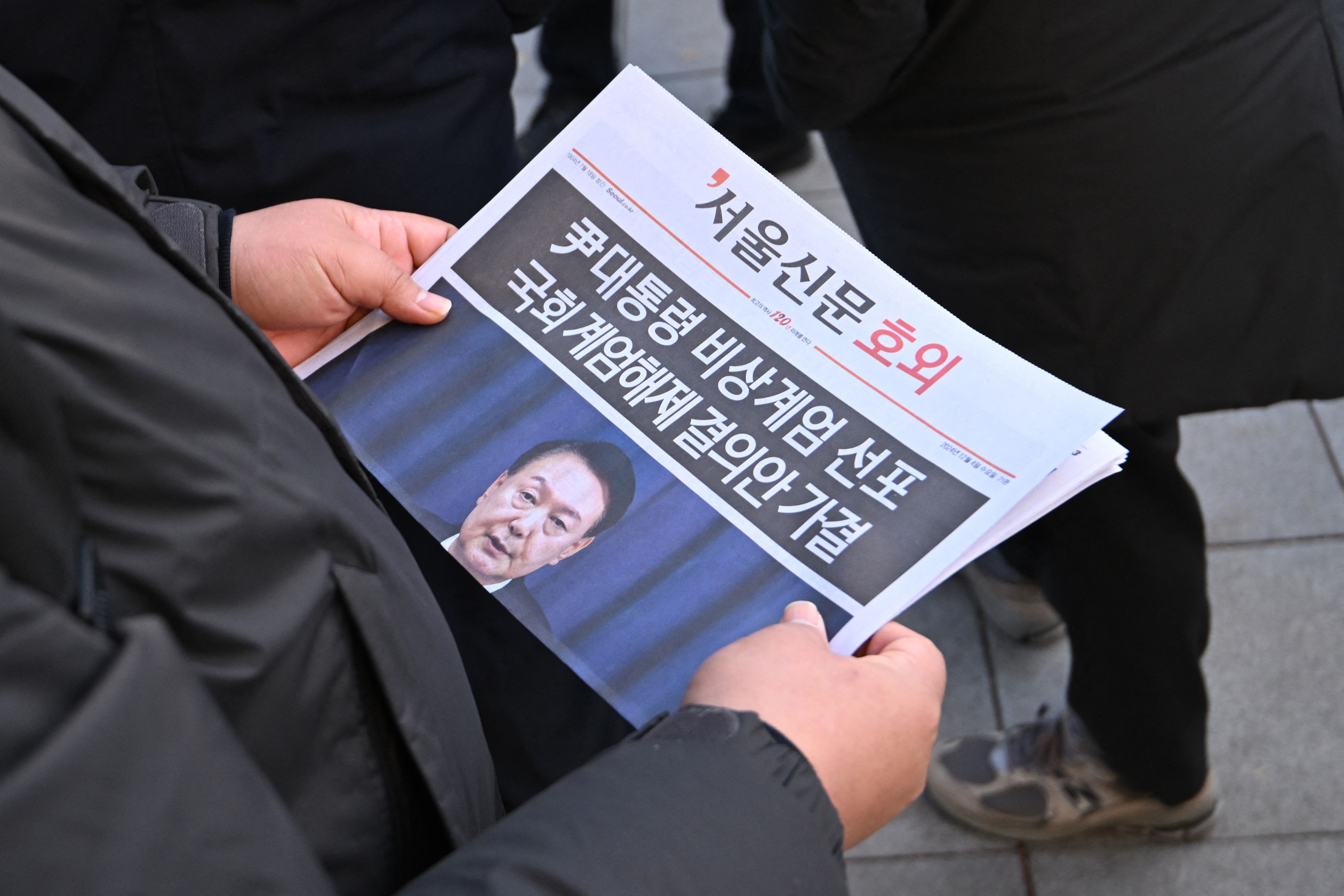South Korean president faces impeachment after martial law decree

South Korea’s opposition has launched impeachment proceedings against president Yoon Suk Yeol, just a day after his controversial martial law declaration triggered a political firestorm. The decree, seen by many as a threat to the nation’s democracy, was reversed within hours under intense pressure.
The National Assembly is set to vote on the impeachment motion by the weekend, according to Yonhap News Agency. If passed, the motion would be referred to the Constitutional Court. If the Court upholds the motion, for which the support of six of its nine judges is needed, Yoon will be removed from office and prime minister Han Duck-soo will step in as interim leader.
The controversy erupted on Tuesday night when Yoon declared martial law, a decree that granted the military extensive powers to enforce emergency regulations. The president cited a need to combat “anti-state forces” threatening South Korea’s constitutional democracy. The decree was reversed within hours following protests and political pressure, but the damage was done. The crisis has already led to the resignation of Yoon’s Chief of Staff and more than ten senior aides.
Repercussions
Internationally, the upheaval has rattled allies like the United States, which views South Korea as a good partner and cornerstone of regional stability. Washington expressed relief at the reversal of martial law but warned of potential risks to its Indo-Pacific strategy amid growing tensions with North Korea and China.
Some fear that North Korea may exploit the chaos. Kim Jong Un has previously used opportune political moments to demonstrate his country’s own strength, for example by testing new missiles. Beijing and Moscow are also watching closely, viewing the crisis as a pivotal moment to weaken US influence in the region.
A man reads a newspaper in Seoul after South Korean President Yoon Suk Yeol lifted martial law © PHOTO JUNG YEON-JE / AFP